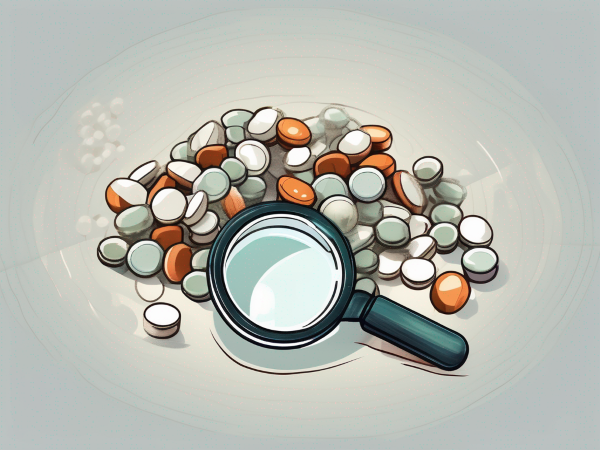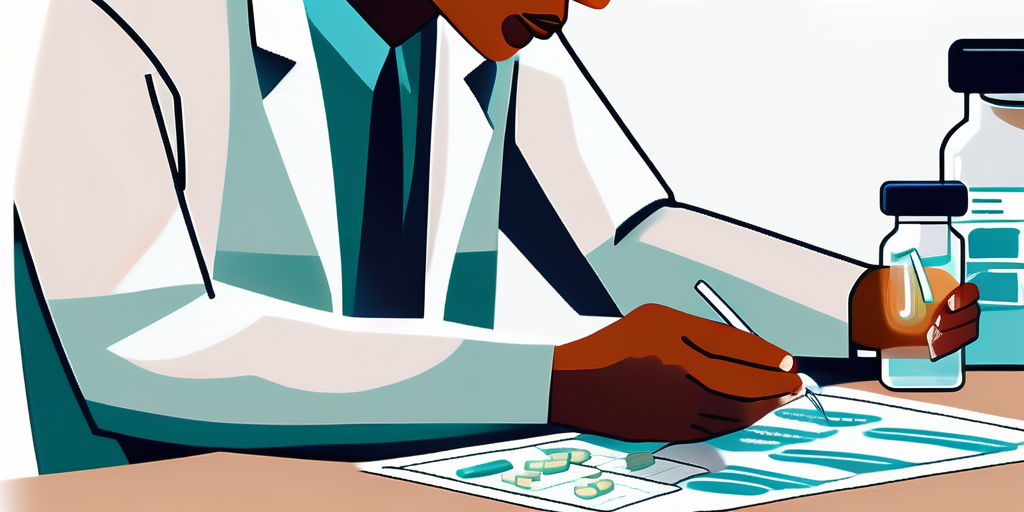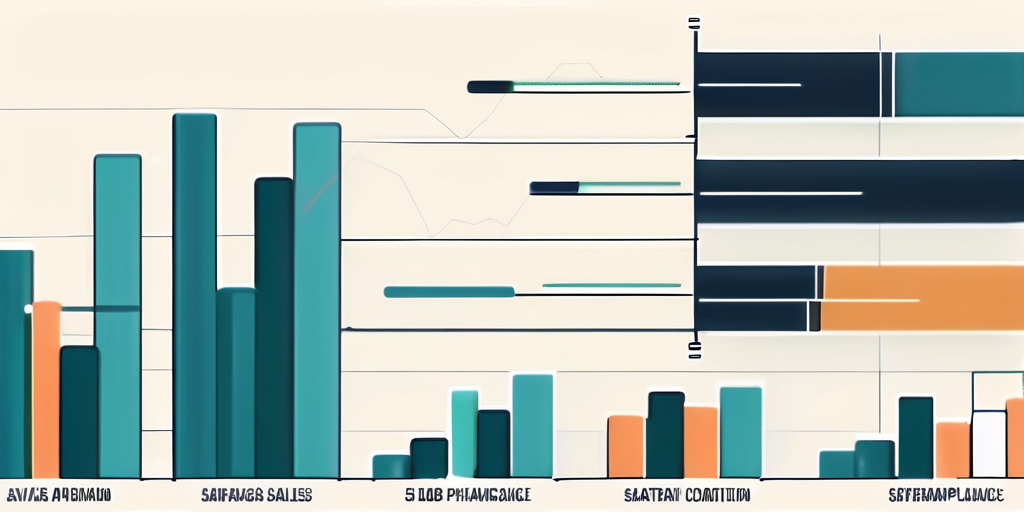Quick CV Dropoff
Send us your CV

Pharmacovigilance, also known as drug safety, is a rewarding and promising career choice for those interested in the healthcare industry. With the increasing focus on patient safety and the need for efficient drug monitoring, the demand for professionals in this field is on the rise. In this article, we will explore the role of pharmacovigilance, its growing importance, the skills required, career progression opportunities, and the salary and job satisfaction it offers.
Pharmacovigilance is the science and activities related to the detection, assessment, understanding, and prevention of adverse effects or any other drug-related problems. In simpler terms, it is about ensuring the safe use of medicines and identifying any potential risks associated with them. The primary goal is to protect patients and enhance public health.

Pharmacovigilance is a dynamic field that continuously evolves to adapt to new challenges and advancements in healthcare. With the rise of personalized medicine and the increasing complexity of drug therapies, the role of pharmacovigilance professionals has become more critical than ever. They are at the forefront of monitoring and evaluating the safety of medications to ensure that patients receive the best possible care.
Pharmacovigilance involves the collection, analysis, and evaluation of drug safety data. It includes the monitoring of adverse drug reactions (ADRs), reporting of these events, and taking appropriate measures to minimize risks. The ultimate objective is to provide crucial information to healthcare professionals, regulatory authorities, and the pharmaceutical industry to make informed decisions regarding drug safety.
Furthermore, pharmacovigilance extends beyond the initial stages of drug development and approval. Post-marketing surveillance is a key component where ongoing monitoring of drug safety in real-world settings is conducted. This phase allows for the identification of rare or long-term adverse effects that may not have been evident in clinical trials. By continuously assessing the benefit-risk profile of medications, pharmacovigilance professionals contribute to the overall understanding of a drug's safety profile.
Professionals in pharmacovigilance play a vital role in ensuring drug safety. They are responsible for monitoring adverse events, investigating and assessing their causality, and documenting all relevant information. They must constantly evaluate drug safety profiles, interpret and analyze data, and contribute to the development of risk management strategies. Effective communication and collaboration with various stakeholders, including healthcare professionals and regulatory agencies, are integral aspects of the job.
Moreover, pharmacovigilance professionals are involved in signal detection, which involves identifying potential safety concerns through data analysis. This proactive approach allows for early detection of emerging risks and the implementation of necessary interventions to safeguard patient health. By staying abreast of the latest pharmacological developments and regulatory requirements, pharmacovigilance experts ensure that drug safety remains a top priority in the healthcare landscape.
As the pharmaceutical industry continues to expand, so does the need for robust pharmacovigilance efforts. Here are a couple of reasons why this field is gaining increasing significance:
Pharmacovigilance plays a crucial role in safeguarding public health. By identifying and addressing adverse drug reactions, it helps ensure the optimal use of medications and prevents harm to patients. The insights gained from pharmacovigilance contribute to the development of safer and more effective drugs, benefiting the global population.
Pharmacovigilance is an indispensable part of the pharmaceutical industry. Regulatory agencies require thorough safety assessments for drug approvals, and ongoing monitoring is necessary even after a drug is on the market. Timely identification of potential risks is essential to protect patient safety and maintain the reputation of pharmaceutical companies.
Furthermore, pharmacovigilance extends beyond the realm of drug safety. It also plays a crucial role in post-marketing surveillance, where real-world data is collected and analyzed to evaluate a drug's performance in everyday clinical practice. This continuous monitoring helps detect any unexpected side effects or interactions that may not have been evident during clinical trials.
Another aspect highlighting the growing importance of pharmacovigilance is its role in shaping regulatory policies and guidelines. The data collected through pharmacovigilance activities not only influences individual drug approvals but also contributes to broader regulatory decisions that impact public health. By providing comprehensive safety profiles of medications, pharmacovigilance helps regulatory bodies make informed decisions to protect the well-being of patients worldwide.
Becoming a pharmacovigilance professional requires a combination of technical skills and soft skills. Let's explore both:
A strong foundation in health sciences, pharmacology, and medical terminology is essential. Knowledge of drug safety regulations, pharmacovigilance guidelines, and adverse event reporting systems is necessary. Analytical skills, attention to detail, and critical thinking are crucial for data interpretation and risk assessment. Proficiency in pharmacovigilance software and databases is also desirable.
Moreover, staying updated with the latest advancements in pharmacovigilance is key for professionals in this field. Continuous learning and professional development are essential to ensure compliance with evolving regulatory requirements and best practices. Understanding the principles of epidemiology and biostatistics can further enhance a pharmacovigilance professional's ability to analyze and interpret safety data effectively.
Effective communication skills are vital in pharmacovigilance, as professionals collaborate with diverse stakeholders. They must be able to clearly communicate complex information, both in written reports and verbal discussions. Problem-solving, teamwork, and time management are also essential skills in this field.
Furthermore, having a strong sense of ethics and integrity is crucial in pharmacovigilance, as professionals deal with sensitive information related to patient safety and drug efficacy. Upholding confidentiality and adhering to ethical standards are paramount in maintaining trust and credibility within the industry. Additionally, adaptability and resilience are valuable traits for pharmacovigilance professionals, given the dynamic nature of the pharmaceutical landscape and the need to navigate complex regulatory frameworks with agility.
A career in pharmacovigilance offers a structured progression pathway. Here are the primary stages:
Graduates can start their career in pharmacovigilance by joining pharmaceutical companies, contract research organizations (CROs), or regulatory agencies. Entry-level roles typically involve data entry, report preparation, and case processing. These positions offer valuable hands-on experience and an opportunity to develop skills in adverse event management.
Working in entry-level positions allows individuals to gain a comprehensive understanding of pharmacovigilance processes and regulations. It provides a solid foundation for career growth in the field, as professionals learn to identify and assess adverse events, communicate effectively with stakeholders, and ensure compliance with global pharmacovigilance standards.
With experience and expertise, professionals can advance to roles with increased responsibilities. This includes becoming a pharmacovigilance officer, safety manager, or drug safety consultant. Leadership positions, such as pharmacovigilance team leader or director, are also attainable for those who demonstrate strong leadership and managerial skills.
Advancing in pharmacovigilance requires continuous learning and staying updated on evolving regulatory requirements. Professionals can enhance their career prospects by pursuing certifications such as the Certified Professional in Pharmacovigilance (CPPV) or attending specialized training programs in risk management and signal detection. By demonstrating a commitment to professional development, individuals can position themselves for senior roles in pharmacovigilance and contribute significantly to drug safety and regulatory compliance initiatives.
Let's delve deeper into the financial aspects and job satisfaction in the field of pharmacovigilance:

The salary in pharmacovigilance varies depending on factors such as experience, qualifications, and the employing organization. Entry-level positions can range from $40,000 to $60,000 per year, while senior-level roles may offer salaries of $100,000 or more annually. However, it's important to note that these figures are just averages and can vary significantly based on location and industry demand.
Additionally, it's worth mentioning that the salary potential in pharmacovigilance can be further enhanced through career advancement and additional certifications. Professionals who continuously seek opportunities for growth and development can unlock higher earning potential and open doors to more challenging and rewarding roles within the field.
Job satisfaction in pharmacovigilance goes beyond financial compensation. Professionals in this field often find fulfillment in the meaningful impact they have on patient safety. By diligently monitoring and assessing the safety profiles of drugs, pharmacovigilance experts play a crucial role in ensuring that medications are safe and effective for the public.
Moreover, the opportunity for continuous learning and professional growth is another factor that positively influences job satisfaction in pharmacovigilance. As the field evolves and new drugs are developed, pharmacovigilance professionals must stay updated with the latest research and regulatory requirements. This constant learning process not only keeps them engaged but also enhances their expertise, making them valuable assets to their organizations.
Furthermore, the collaborative nature of the work in pharmacovigilance contributes to job satisfaction. Professionals often work closely with multidisciplinary teams, including physicians, researchers, and regulatory authorities, to ensure the safety of medications. This collaborative environment fosters knowledge sharing and provides opportunities for networking, creating a sense of camaraderie and shared purpose.
Pharmacovigilance offers a promising and fulfilling career path for individuals passionate about healthcare and drug safety. With its critical role in ensuring patient safety and the growing demand for well-trained professionals, a career in pharmacovigilance can be both financially rewarding and personally satisfying. So, if you have a keen eye for detail, an interest in medical science, and a commitment to improving public health, pharmacovigilance might just be the perfect career choice for you. Contact us today to start your journey and secure your first role in pharmacovigilance.